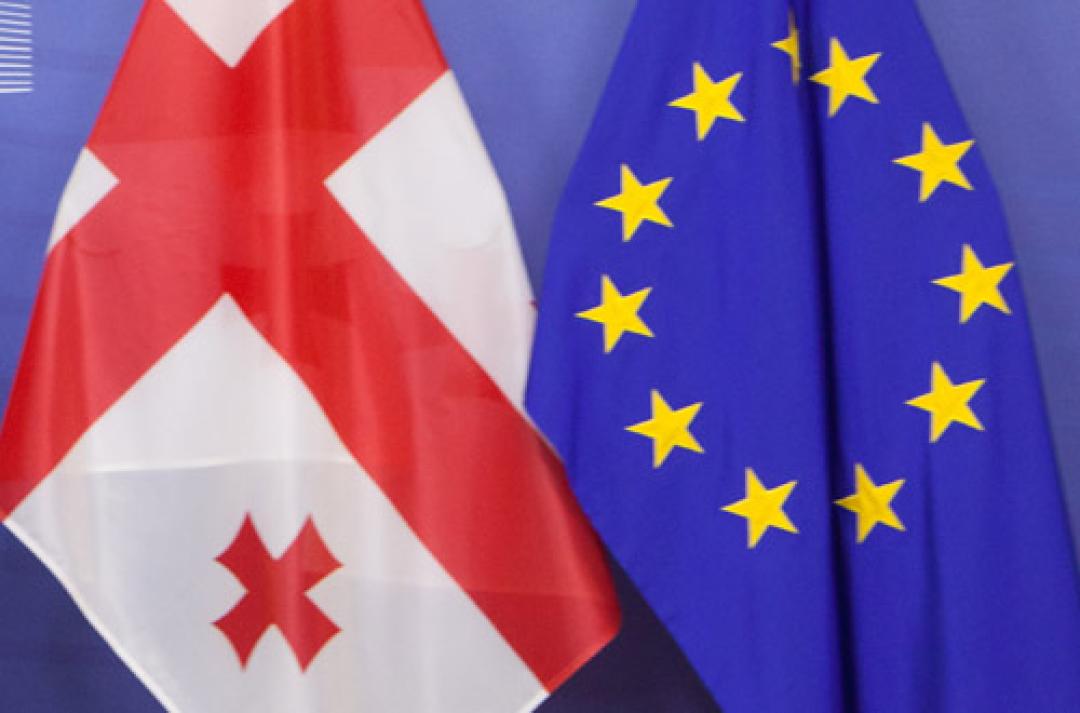
European Council Warns Georgia of Halt in EU Accession Process

On June 27, the European Council adopted conclusions on various topics, including Ukraine, the Middle East, security and defense, competitiveness, migration, foreign policy, hybrid threats, and the next institutional cycle.
The Council expressed serious concern about developments in Georgia, urging Georgian authorities to reverse the current course of action, which jeopardizes Georgia's EU path and de facto leads to a halt of the accession process. The European Council addressed increasing reports of intimidation, threats, and physical assaults against civil society representatives, political leaders, civil activists, and journalists, calling for an end to such cases. It emphasized that respect for the values and principles upon which the European Union is founded is essential for any country aspiring to become a member. The Council pledged to monitor the situation closely ahead of the parliamentary elections, calling on Georgian authorities to ensure that the elections are free and fair and encouraging substantial long-term and short-term election observation by partners. Additionally, the European Council reaffirmed its unwavering support for Georgia's territorial integrity and expressed its steadfast solidarity with the Georgian people, reiterating its readiness to support Georgia on its path toward a European future.
During his doorstep remarks before the European Council meeting on June 27, Mark Rutte, the Prime Minister of the Netherlands and the future NATO Secretary General, expressed his concerns about Georgia’s EU accession path, calling on Georgia to return to the EU path. He mentioned his brief conversation with the President of Georgia, describing her as a formidable leader, and lamented that Parliament overturned her veto on recent decisions. Rutte emphasized that it is up to the Georgian government to return to the EU path and declined to comment on Georgia’s NATO integration before officially taking office as NATO Secretary General on October 1.
On June 28, during the interactive dialogue with the UN Special Rapporteur on Peaceful Assembly, Ambassador Darius Staniulis, Permanent Representative of Lithuania at the UN agencies in Geneva, delivered a joint statement of 36 countries at the UN Human Rights Council meeting. The statement urged the Georgian government to revoke the 'transparency of foreign influence' law, end the campaign of intimidation against those objecting to the law, and protect freedom of expression, association, and peaceful assembly. It highlighted that the law poses a serious threat to civil society, human rights, and the rule of law in Georgia and called for the Georgian government to fully cease and transparently investigate all acts of force against protesters and refrain from polarizing rhetoric. The statement concluded by condemning the orchestrated campaign of defamation, intimidation, and physical violence against civil society leaders and others, deeming it unacceptable and in need of halting. The statement was signed by 25 EU member states, excluding Slovakia and Hungary, as well as EU candidates Albania, Montenegro, and Ukraine, and other countries, including Monaco, Iceland, Liechtenstein, Norway, Switzerland, Canada, the United Kingdom, and the United States.
See Also


Simonyan: “Armenia Should Trade with Turkey and Azerbaijan Instead of Closing Borders”

Mirzoyan Meets US Deputy Assistant Secretary Joshua Huck

Azerbaijani President Holds Talks with UAE and German Business Delegations on Economic Cooperation

Grigoryan Confirms Armenia’s Readiness to Dissolve OSCE Minsk Group Upon Peace Treaty Signing

